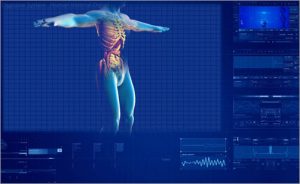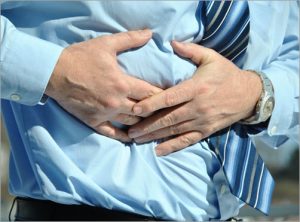END STAGE RENAL DISEASE (ESRD) – Your doctor can diagnose ESRD using blood tests, urine tests, kidney ultrasound, kidney biopsy, and CT scans. Your kidneys filter wastes and excess fluids from your blood, which are then excreted in your urine. When your kidneys lose their filtering capabilities, dangerous levels of fluid, electrolytes, and wastes can build up in your body.
One of the most common causes of end-stage renal disease in the United States is diabetic neuropathy, and nearly 25% of the Medicare budget is used to treat end-stage renal disease. People with kidney disease and transplant recipients are at higher risk for developing severe complications from COVID-19, also known as coronavirus.
Symptoms
Early in ESRD, you may have no signs or symptoms. As it progresses, your signs and symptoms might include nausea and anorexia, seizures, peripheral neuropathies, vomiting, loss of appetite, fatigue, and weakness, insomnia, changes in the amount you urinate, your mental sharpness decreases, muscle cramps and twitches, ankle and feet swelling, persistent itching, chest pain when fluid builds around the lining of your heart, shortness of breath if fluid build in your lungs and high blood pressure that is difficult to control.
Other illnesses can cause signs and symptoms of ESRD. Because your kidneys are highly adaptable and able to compensate for lost function for some time, signs and symptoms may not show up in your kidneys until the damage has occurred.

Prevention
If you have ESRD, you may be able to slow its progress by making healthy lifestyle choices like losing weight, being active, and exercising daily, lower your sodium intake, control your blood pressure. Be sure to take your medications and have your cholesterol checked yearly. Control blood sugar levels, avoid using tobacco. Be sure to get regular checkups
Ask your doctor about medications that may be harming your kidneys that could eventually lead to or contribute to ESRD.
Make an appointment with your doctor if you have any signs or symptoms of ESRD disease. If you have a medical condition that increases your risk of end-stage renal disease, your doctor will monitor your blood pressure and kidney function with urine and blood tests during your visits.
Dialysis

When ESRD is present in your body, you will need dialysis or a kidney transplant to stay alive. You may want to forgo dialysis or a transplant and opt for conservative care to manage your symptoms, and the options should be discussed with your physician. Aiming for the best quality of life possible for you during your treatment plan for end-stage renal disease is the goal!
ESRD After A Transplant
Transplant patients are still considered to have ESRD even though your transplanted kidney may be functioning well. Ask your doctor more about this information.
The gender of a donor-recipient plays a larger role in kidney transplants than previously understood. Female donor kidneys do not function as well in men because of their small size. Women have a higher risk of rejecting a male donor kidney.
Can a person live a healthy, more normal life after a kidney transplant? You can live everyday life with only one kidney when you have ESRD. As long as the donor is evaluated thoroughly and cleared for donation, they can lead a better or everyday life after the surgery. The newly transplanted kidney will increase in size to compensate for the loss of the donated kidney.
In Summary
On a more positive note, studies have shown that kidneys are regenerating and repairing themselves throughout your life! Being informed about protecting your kidneys over your lifetime and keeping them healthy is critical to avoid ESRD!
Call or contact us today at John Miller Ins Management at (801) 637-4420
Additional resource American Kidney Fund
